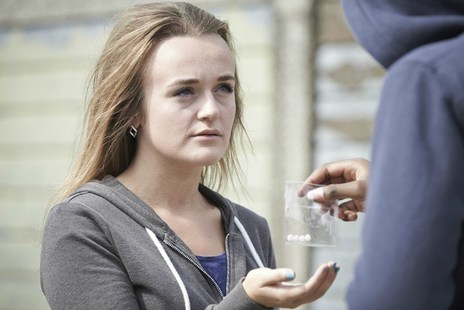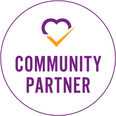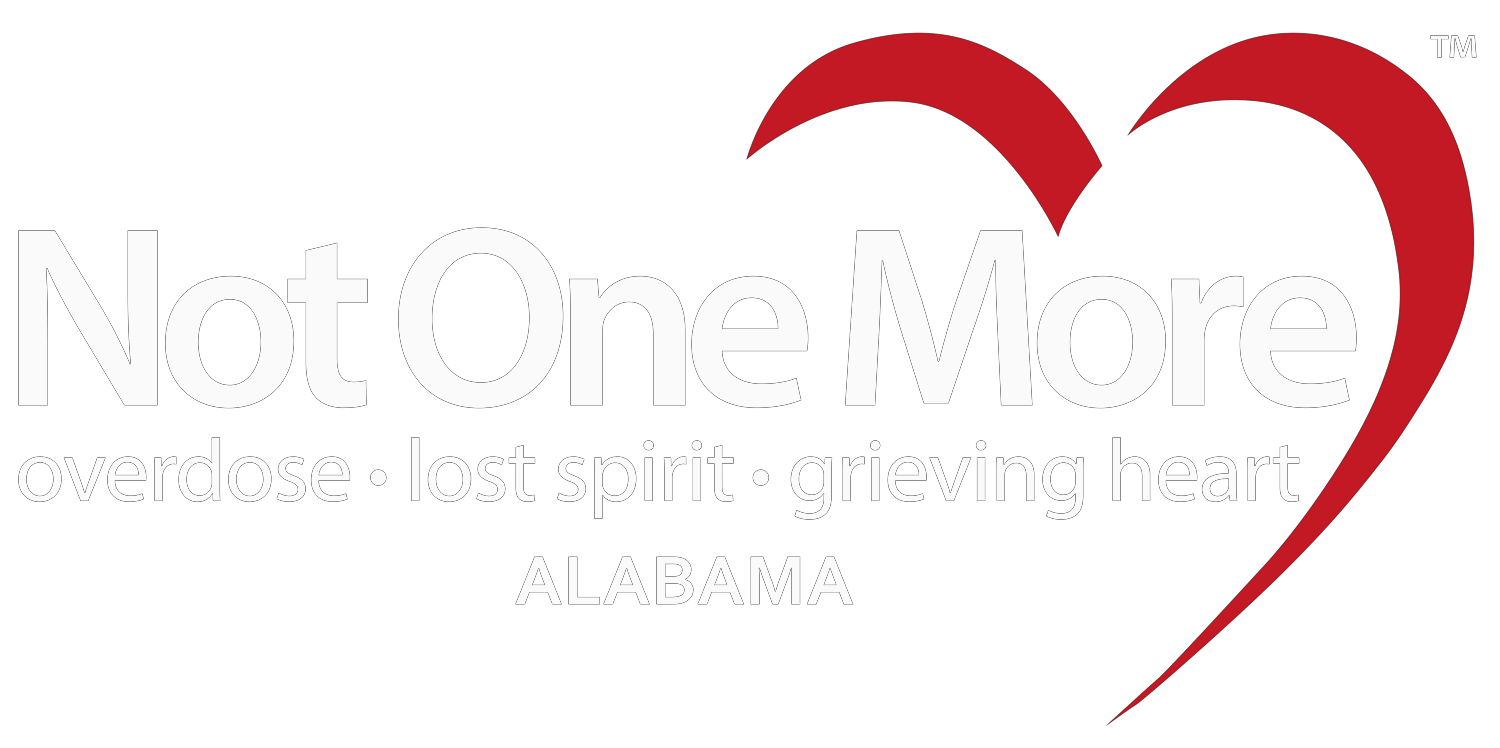|
3/5/2017 0 Comments 50 Common Mistakes That Parents Make When They Discover Their Kids Are Using DrugsBy Cathy Taughinbaugh  Are you a parent who is struggling because you’ve just discovered your teen or young adult is using drugs or abusing alcohol? To this day, I have a clear vision of finding crystal meth in my daughter’s backpack. With that discovery came the knowledge that I had no clue what to do next. Our journey to recovery as a family has been the hardest, most frightening, painful experience of my life. It has changed my outlook forever and shed much-needed light on my previous judgements of other people’s parenting choices as well as my own decisions. With that said, I would like to share these common mistakes for those of you who are in the midst of coping with your child’s drug or alcohol use. Here is my list of things that many parents, including myself have tried–to no avail. Sometimes you might get lucky and they work, but usually things stay the same or get worse. Tips on what to avoid as a parent: 1.Feeling that your child’s drug use is a teen rite of passage that they will grow out of. 2.Being too busy to know your child’s friends and be involved in their life. 3.Not attending any support meetings because you might meet someone you know there. 4.Having prescription drugs around the house where they can easily be found. 5.Losing confidence in yourself as a parent because your child joined the millions of others experimenting or using drugs. 6.Spending all your time worrying about your child with the drug problem and ignoring the rest of the kids are who are trying to make good choices. 7.Continuing to give your child money, even if it may be spent on drugs. 8.Forgetting that you need to set a good example. 9.Living in denial for days, months, or even years. 10.Continuing to worry constantly about things you can’t control and making yourself miserable. 11.Not exploring all options before deciding what kind of support will help the most. 12.Isolating yourself because of the shame. 13.Not getting help for yourself because you think the only person with a problem is your child. 14.Yelling at your child. 15.Allowing the drug use to upset every aspect of your life. 16.Having your child return to the same environment after only 30 days of treatment. 17.Realizing you need to set boundaries, but not following through on them. 18.Allowing your child to drive the car, even if you suspect drug use. 19.Sending your child off to college with the hope they will get a fresh start and the drug use will stop. 20.Covering up for your child. 21.Feeling guilty for something you didn’t cause. 22.Thinking money alone will somehow solve the problem. 23.Allowing the stress of the situation to come between you and your spouse. 24.Having the “boys will be boys” attitude. 25.Neglecting your own self-care. 26.Thinking 30 days of treatment is enough. 27.Not realizing that some of the arguments you’ve had with your child could have been avoided if you had talked to your child in a more positive way. 28.Never praising or rewarding for what your child does right, because after all, he is using drugs. 29.Consciously or subconsciously rewarding your child when they continue to use drugs. 30.Not allowing your child to take responsibility for the consequences of their use. 31.Not acknowledging your child’s progress in AA or other groups. 32.Allowing underage drinking in your home. 33.Not taking the time to investigate research-based approaches. 34.Lecturing or nagging your child about their use. 35.Forgetting to say “I love you.” 36.Waiting too long to get outside help, because you think you can handle it. 37.Making excuses for your child’s drug use. 38.Not accepting any responsibility for even part of the problem. 39.Blaming yourself for the drug use. 40.Funneling your child into one solution with no options. 41.Not realizing that addiction can be a fatal disease. 42.Never taking the time to really gain a deeper understanding of why your child is using drugs. 43.Thinking, “not my kid.” 44.Believing there is nothing you can do to help. 45.Having a confrontation, rather than a conversation. 46.Not checking for signs of drug use. 47.Neglecting to notice your child’s change of personal habits. 48.Losing hope. 49.Not being there for your child when they are ready to seek recovery. 50.Hoping the drug use will just go away on its own. Resource: http://cathytaughinbaugh.com
0 Comments
Your comment will be posted after it is approved.
Leave a Reply. |
Not One More - AlabamaA group of people damaged but not destroyed by addiction. We are fighting this battle together. Archives
September 2021
Categories |
Email Us at [email protected]
Or leave a message at: 256-384-5055

Not One More Alabama is proud to be a Community Partner with The Partnership to End Addiction , an organization that provides personalized support and resources to families impacted by addiction, while mobilizing policymakers, researchers and health care professionals to more effectively address addiction systemically on a national scale.
Not One More Alabama is a not-for-profit 501(c)(3) organization. Donations may be tax-deductible.
Our federal tax ID number is 61-1807663

 RSS Feed
RSS Feed
